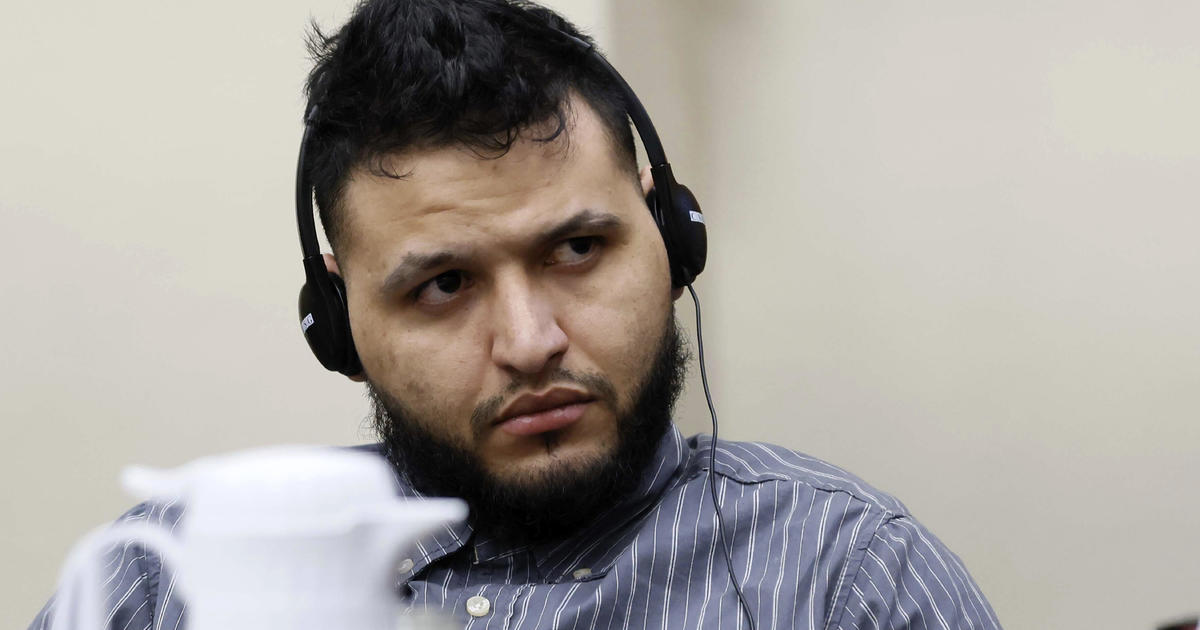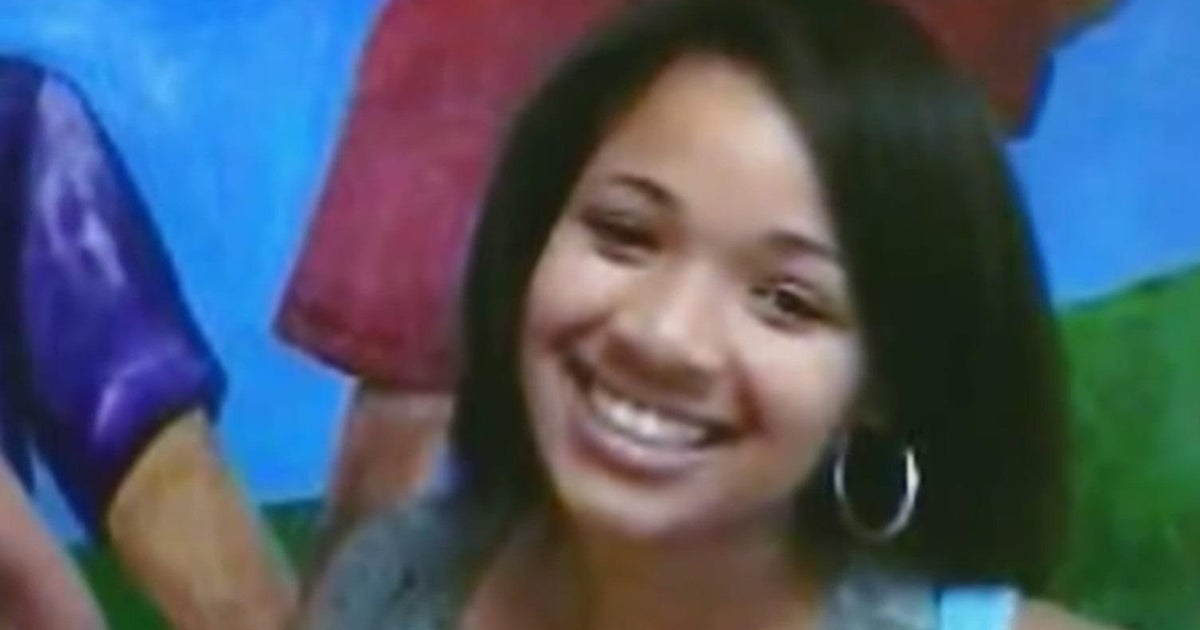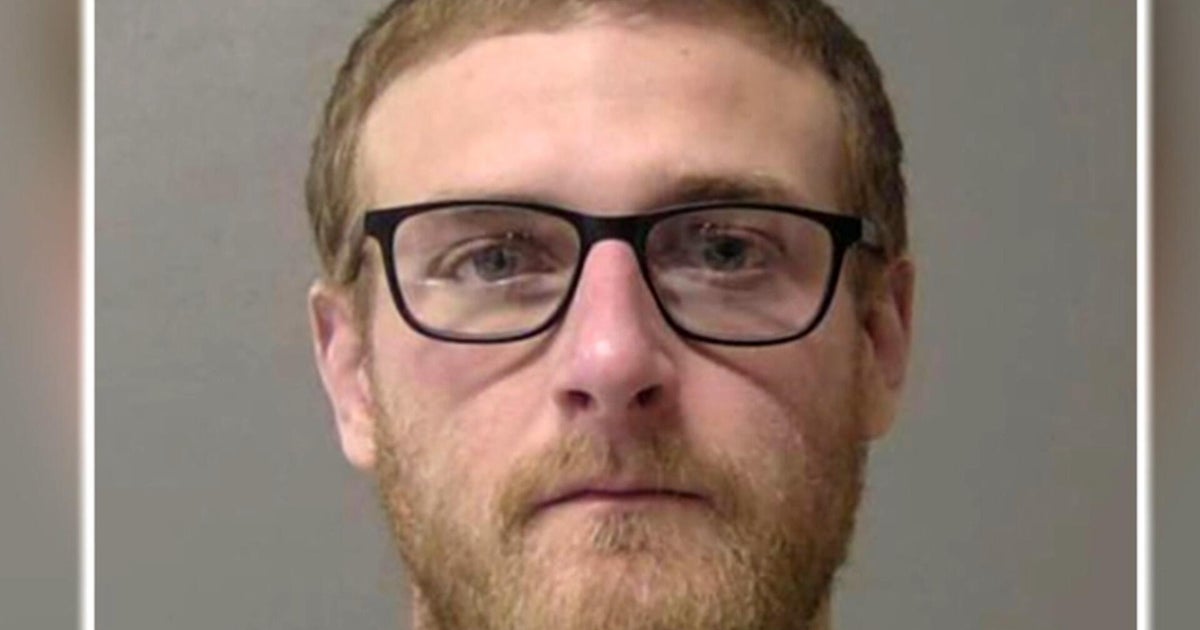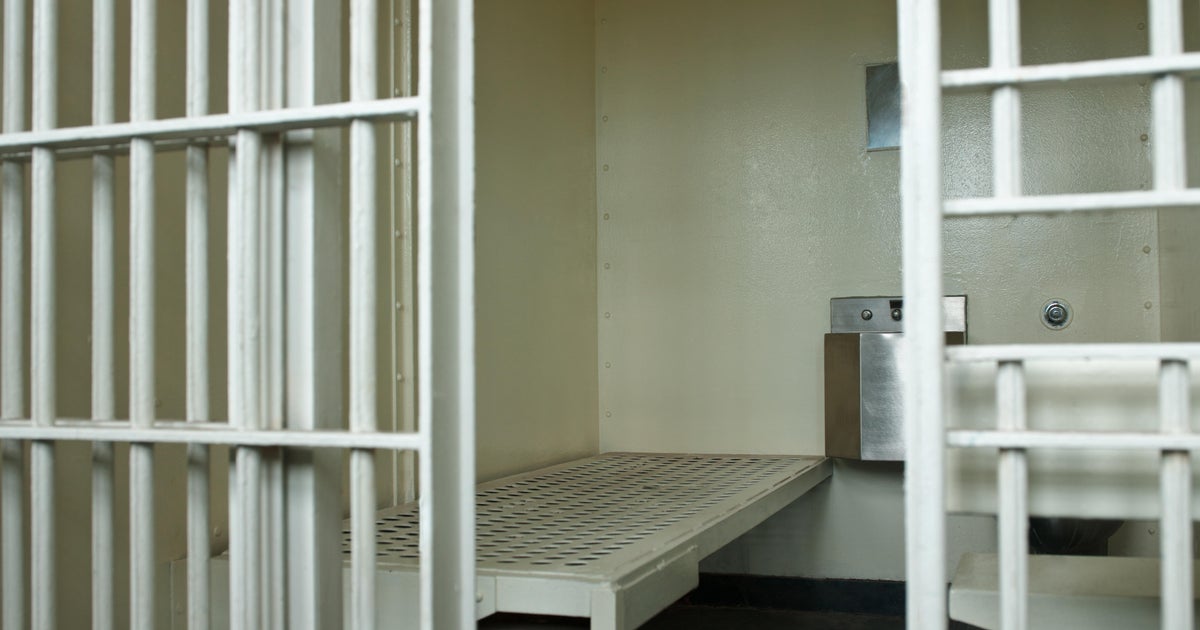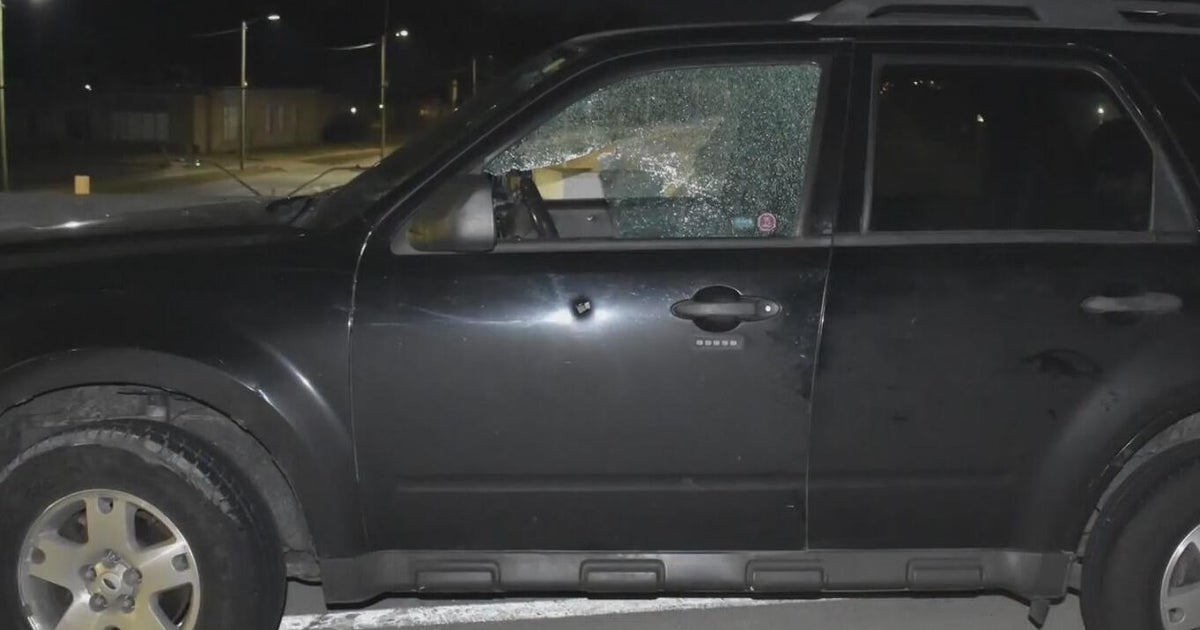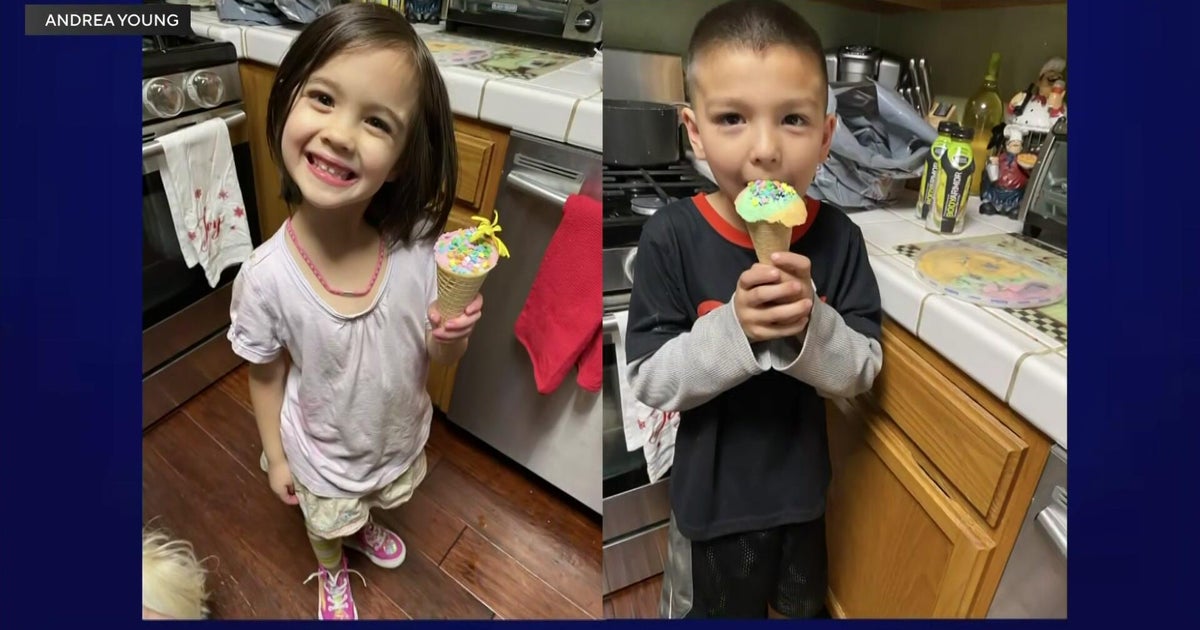Jerry Westrom sentenced to life in prison for 1993 murder of Jeanie Childs
MINNEAPOLIS -- An Isanti hockey dad convicted in a brutal cold-case murder learned his sentence in court Friday morning: life in prison.
Late last month, Jerry Westrom was found guilty in the 1993 murder of Jeanie Childs in Minneapolis. The jury deliberated for only two hours before reaching the verdict.
RELATED: Evidence that led to Jerry Westrom's cold-case murder conviction released
At the sentencing, the judge said the life sentence was aligned with the statute for first-degree murder at the time of Childs' death. Westrom will be required to spend 30 years in prison before the possibility of parole.
Before he was sentenced, Childs' niece, Melissa Beaulieu, and Childs' mother, Betty Eakman, gave victim impact statements. They told the court just how hard the past 29 years have been.
"I've waited so many years to have this end and it's put my life through so much hell and I just really feel I'll never forget and love her the way I always did," Eakman said.
"The effect something like this creates can be vicious," Beaulieu said. "They affect you for an entire lifetime. To lose someone you love is a profound experience."
Jeanie's sister also spoke, saying her heart is broken for Westom's wife and children. She said this was a tragedy for everyone involved and there are no winners.
Westrom chose not to address the court. The defense used its time to point out evidence not allowed at trial. Defense attorney Steve Meshbesher held firm in his position.
"As we said in the beginning, and we are saying now you got the wrong guy. We are sorry for the loss of Jeanie Childs life. We're looking forward to Jerry Westrom's exoneration from the Minnesota Supreme Court," Meshbesher said.
Eakman said she won't let what the defense said in court change how she's feeling about the sentence.
"He's going to try fighting as long as he can, but as far as I'm concerned the case is closed," Eakman said.
According to court documents, connecting Westrom to the murder started with a hit on a genealogy website, linking his DNA to DNA collected in 1993 at the crime scene. Investigators needed more, so they tracked him to a hockey game in Wisconsin. They watched and waited for Westrom to throw a napkin away in a cardboard tray to collect his DNA.
Investigators used that match to arrest Westrom and to build their case. His DNA was found on a comforter, a bloody bathroom towel, a washcloth, a T-shirt and in the sink. And then there's the bloody footprint.
During the trial, prosecutors played Westrom's 2019 interview with police, where he denied knowing Childs and what happened inside the Minneapolis apartment. It's the only time jurors heard from Westrom while on trial.
In an interview with WCCO, jury foreperson Derek Fradenburgh talked about the three things that made a lasting impact on jurors: Westrom's interview with police in 2019, the DNA and the bloody footprint.
"He said he wasn't there, his DNA proves that he was there ... his footprint puts him there at the time of the murder," Fradenburgh said.
The defense says it plans to file an appeal.

